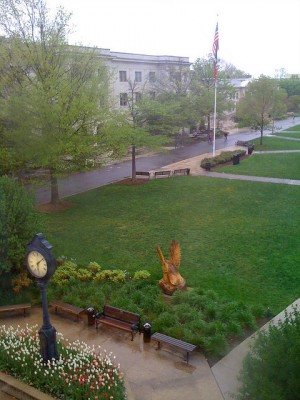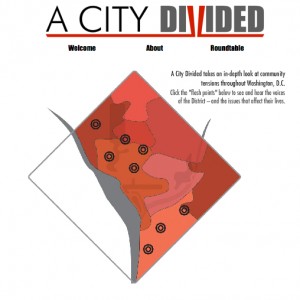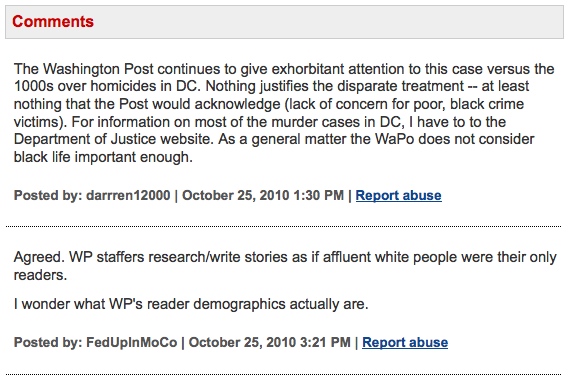Lydia DePillis over at Housing Complex puts forth an interesting proposition: if neighbors around the proposed American University East Campus expansion project find it so objectionable, put it in Ward 8:
… American University would be perfectly suited to Anacostia and Congress Heights: MLK [Avenue] would fill up with coffeeshops and bars, students would have all the low-cost housing they could ask for, and local residents could benefit from jobs that don’t require a high-level security clearance–not to mention the opportunities of a credible institution of higher learning in their backyard.
In exchange, the proposed Department of Homeland Security at St. Elizabeths could instead go to Ward 3.
Given the high unemployment rate in Ward 8 — 18.6 percent — compared to 3.6 percent in Ward 3, maybe the switch isn’t such a bad idea.





